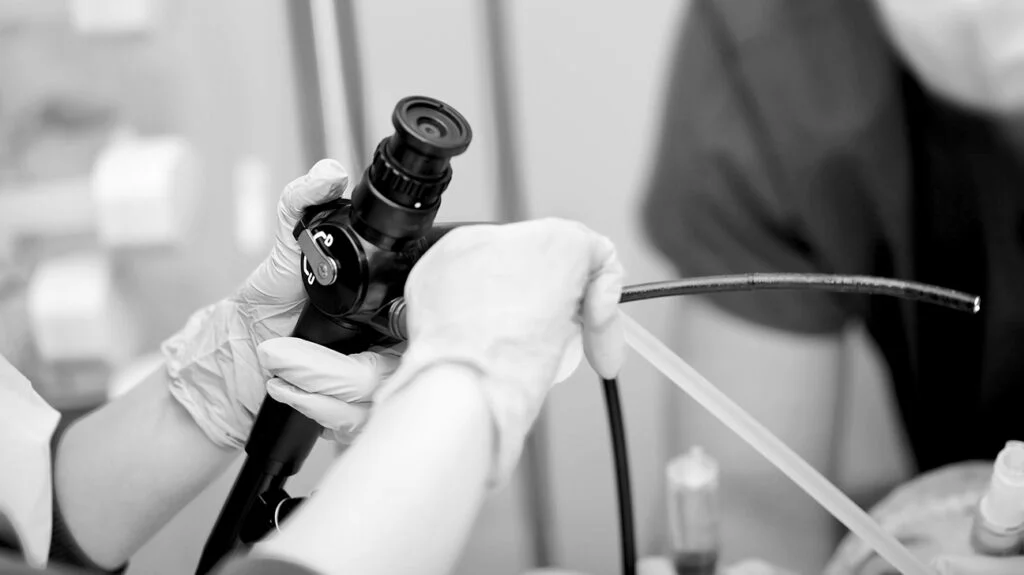How Many Years Does It Take To Become a Gynecologist
Becoming a gynecologist requires intense training and dedication. Gynecologists undergo years of hard work and devotion. Understanding the course and skills is crucial for people planning their future in this field. In this article, we will be looking at becoming a Gynecologist.
Gynecologist Course Duration
The path to becoming a gynecologist begins right after high school. The typical and complex process is as follows:
Undergraduate Degree (4 years)
A bachelor’s degree is the first step people seek to pursue gynaecology as a career. It is often known as a pre-medical route, consisting of physics, chemistry, and biology.
Medical School (4 years)
Having medical school experience for practical knowledge should be the very next step. This four years of practical education for medical specializations and clinical procedures.
Residency (4 to 5 years)
This is the third stage after the completion of under-graduation and medical schooling. A person must complete a gynecology residency program after graduating from medical school. With the help of this program, aspiring gynecologists gain expertise under experts.
After high school, it usually takes between 12 and 13 years of schooling and training to become a professional gynecologist.
Gynecologist Course Details
On the way, aspiring gynecologists get exposed to an in-depth education that ensures they are ready for their position. Below there is a quick summary of the processes.
Undergraduate
The emphasis is on fundamental sciences, including organic chemistry, biology, and chemistry. Some people may also study complex topics like human anatomy, physiology, and genetics.
Medical College
In medical college, the basics of medical sciences are covered in the first two years. These colleges focus on students rotating through several medical specialties, especially in gynecology.
Residency
This stage, mainly focusing on gynecology, is the most demanding stage. Trainees handle deliveries, operations, and standard gynecological exams. They also cover complicated topics about women’s reproductive health, fertility, and pregnancies.
Diploma In Gynecology
In addition to the conventional path, diploma programs in also offered for gynecology. After undergraduate medical degrees, doctors who want to specialize in gynecology often enroll in these certifications. Depending on the school and nation, a gynecology diploma takes two to three years.
While a gynecology diploma offers specialized knowledge, it is less comprehensive or in-depth than a full-fledged residency program. As a result, doctors with a diploma enroll in further training or courses to advance their education.
Bottomline
To pursue gynecology, one must commit more than ten years to be intensive academic and practical training. The process is for individuals passionate about women’s health and reproductive medicine.
The ultimate goal is the same whether one follows the conventional route or decides to pursue a gynecology diploma, ensuring women’s health and well-being at all stages of life.
One must remember that the journey may appear lengthy, but the years spent training are a wise investment. Your ability to impact the lives of several women increases with every day you spend learning. And that is a worthwhile endeavor in and of itself.

